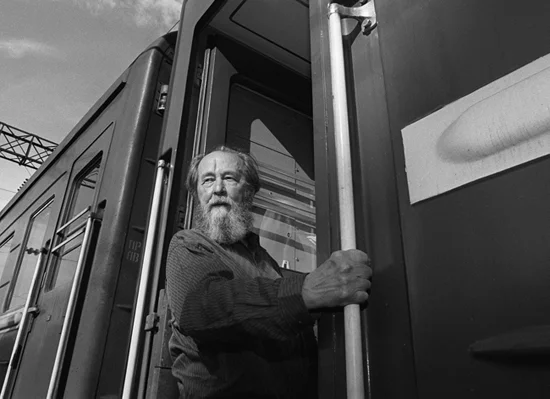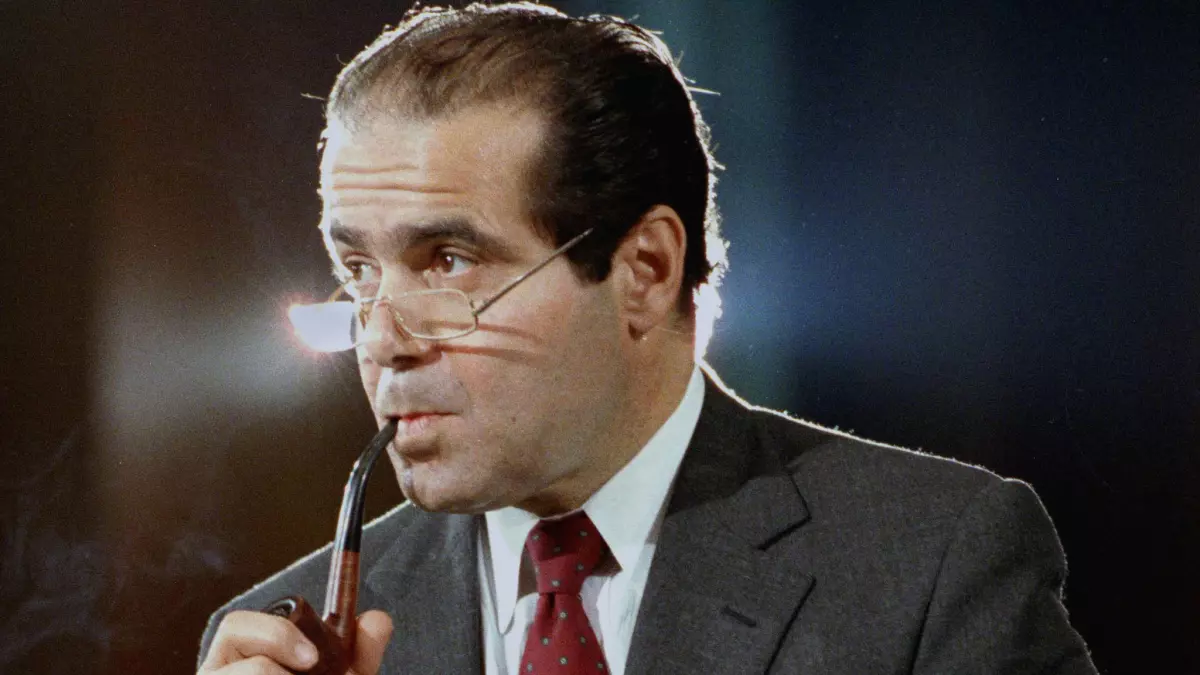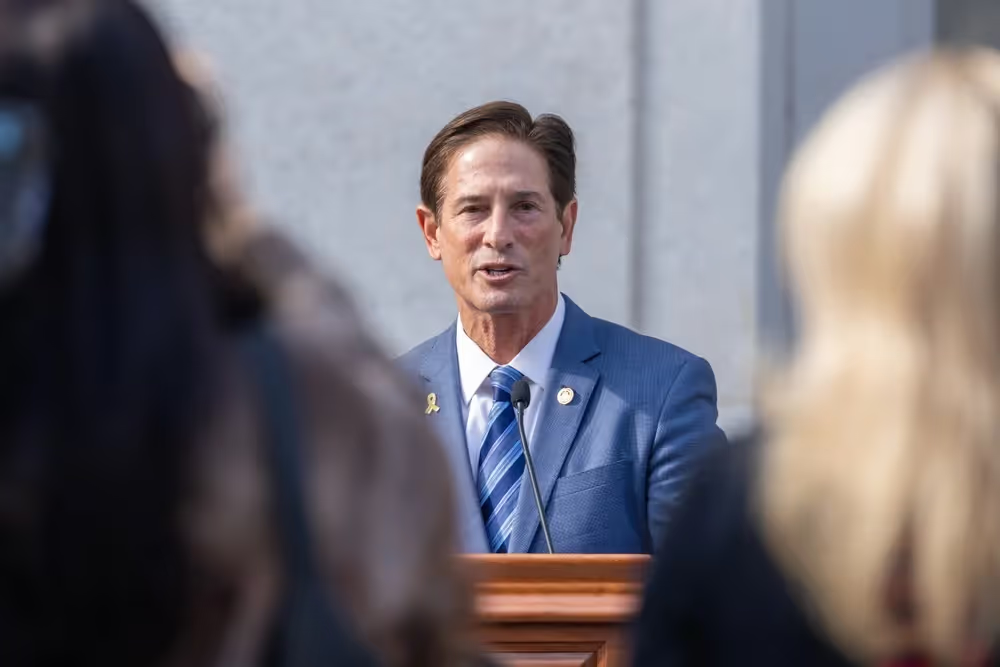
Crime and the Political Question
Crime and its real-world consequences likely disabused many voters of the pollyannish idea that no consequences for crime wouldn’t lead to more crime.
Crime and its consequences—or lack thereof—have been front-page news. Fail to prosecute shoplifting. Guess what? There’s more shoplifting. Fail to prosecute violent crimes. Guess what? There’s more violent crime. And so on and so forth.
This shouldn’t come as a surprise, but apparently, it has to many citizens who voted for the politicians and policies that have allowed crime to fester and flourish.
But as some citizens are beginning to wake up and realize that elections have consequences, they are rejecting the reliably liberal feel-good talking points that have resulted in these disastrous criminal justice policies and are instead voting for (more) commonsense measures to hold those who break the law accountable.
Will this newfound shift towards accountability remain? Or will those who favor such policies vote with their feet and head for other cities and states with a reputation for enforcing the law? Only time will tell. But it seems evident that, at least on crime and criminal justice issues, the electorate is no longer buying what soft-on-crime politicians are selling. And whether politicians adapt determines more than their electoral survival. It will determine whether the communities and the citizens they serve will survive (or not) or thrive.
How Did We Get Here?
Many trace the beginning of this malaise to the summer of 2020, with the images of rioting and looting in the aftermath of George Floyd’s death burned into our collective memory. Those on the Left pushed the narrative that our criminal justice system is systemically racist and decried its supposed follow-on effect of mass incarceration. Neither of these is true, though.
Nonetheless, it became vogue for politicians to treat criminals like victims, excuse their conduct, and release them back into society with little or, in many cases, no punishment. The future Vice President of the United States, herself a former district attorney and state attorney general, even encouraged her supporters to donate to a bail fund designed to free those who had engaged in “protesting” in Minneapolis.
But the truth is that what happened after the summer of 2020 was just a symptom of a disease that had been incubating for some time. The roots of it can be traced back to the neo-Marxist Prison Abolition Movement put forward by radicals such as Angela Davis, that—you guessed it—advocates for abolishing all prisons. This idea eventually blossomed from a fringe academic theory into a practical playbook for “fundamentally transforming” our criminal justice system and society.
Its most noticeable fruits have been the defunding (and demoralizing) the police movement and the so-called progressive prosecutor movement. These movements have contributed, in large part, to the current chaos.
How else can you explain that a man who violently stabbed two different people on back-to-back days in New York City had at least 87 prior arrests for crimes ranging from attempted murder, weapons possession, and assault to criminal trespassing, turnstile jumping, and petty larceny? He should never have been on the street to commit those stabbings—and yet, there he was.
Consider, too, that the bail fund Kamala Harris promoted freed violent criminals who committed further foreseeable violent crimes when released. As I have explained:
One man who was arrested on indecent exposure charges (and had multiple indecent exposure arrests—including indecent exposure to a minor) received bail from the Minnesota Freedom Fund and later murdered someone, receiving life in prison for that crime. Nor was this a one-off fluke. This same fund “freed an alleged domestic abuser just weeks before police arrested him again for murder.”
Kicking the Bums Out—and Other Changes Too
Against this backdrop, voters in otherwise liberal cities like San Francisco, Oakland, and Los Angeles began feeling buyer’s remorse over the rogue prosecutors they elected to office.
Voters in hard-hit San Francisco first became fed up. After only over two short years, they recalled and removed Chesa Boudin, the Weather Underground scion and former Hugo Chavez translator, from office.
Two years after Boudin’s removal, Alameda County (Oakland) voters followed suit by recalling and removing their district attorney, Pamela Price, from office after she had been on the job for slightly less than two years.
And finally, on the same day Oakland voters recalled Price, Los Angeles voters rejected George Gascon’s bid for re-election and instead chose Nathan Hochman to serve as the next Los Angeles County district attorney.
Voters connected the policies these prosecutors implemented—the lack of prosecution or the lack of any consequences for those who broke the law—with the increasing lawlessness seen even in relatively affluent and formerly safe neighborhoods. Of course, the neighborhoods already blighted by crime suffered the most as crime increased.
What remains to be seen is how the electorate’s aching for accountability will be reflected when voters select officials with responsibilities beyond those directly related to public safety. The President, governors, mayors, and legislators must weigh in on many issues.
Polling and results from the last election cycle indicate that voters place a premium on public safety. But part of the problem many voters run into when casting their ballots is deciding how to rank this desire against other desires (such as economic concerns, national security concerns, and the like) while understanding and weighing the unique role that each elected official plays in our system of government, which is defined by federalism and the separation of powers. It’s no easy task.
Because most crime and its consequences play out at the local level, it makes sense that crime will remain an important issue for the foreseeable future. Politicians who fail to adequately and appropriately address it will be particularly vulnerable to getting kicked out of office. Of course, if politicians at the national level choose to wade into the crime controversy with terrible policies that make it more dangerous and difficult for police officers to do their jobs like the Biden Administration did with its executive order on policing, the issue may increase in importance at the national level too, particularly if crime can be connected to national policies like immigration.
Economic Consequences and Voting with their Feet
Voters also understand that crime has economic consequences. In high-crime areas, insurance for businesses, homes, and cars has become more expensive—sometimes prohibitively. Mom-and-pop stores can’t afford the costs associated with constant theft, and neither can national retailers, which have closed stores and pulled out of high-crime markets. Besides, can those retailers that remain expect customers to run a gauntlet of human misery to patronize their businesses? Of course not.
And just like some businesses have pulled out of high-crime communities, so too are citizens. It’s not a surprise that over the past few years, droves of citizens, at least those who can afford it, have fled high-crime havens like California, Illinois, and New York for the safer confines of states like Texas and Florida—though those states too have deep-blue enclaves. Still, voters understand that, as a whole, the public officials in those states are committed to keeping all communities safe and enforcing state laws during the normal course of business.
It also means that the remaining citizens recognize that they have to adopt commonsense policies to protect themselves and their families. California voters recently did this by overwhelmingly passing Proposition 36, a ballot initiative that mandated tougher penalties for those who repeatedly break the law. More of this will likely be seen in the future, too.
At the end of the day, crime and its real-world consequences likely disabused many voters of the pollyannish idea that no consequences for crime wouldn’t lead to more crime. Will politicians who refuse to get serious about—and not just talk tough(er)—about crime survive in this environment? Or will crime have electoral consequences, too, by forcing politicians to adapt or get voted out of office? The latter has already happened in a few places and should serve as a warning to those who treat their constituents as nothing more than test subjects in a real-world lab experiment gone wrong. Maybe this can explain, at least in part, what even the New York Times described as “eye-popping shifts” rightward among minority voters and voters in traditionally liberal bastions like “New York, Los Angeles, Miami, and Boston.” Crime is having—and should have—electoral consequences in those communities.
Zack Smith is a Senior Legal Fellow and the Manager of the Supreme Court and Appellate Advocacy Program at The Heritage Foundation’s Edwin Meese III Center for Legal and Judicial Studies.
Politics

National Civitas Institute Poll: Americans are Anxious and Frustrated, Creating a Challenging Environment for Leaders
The poll reveals a deeply pessimistic American electorate, with a majority convinced the nation is on the wrong track.
.webp)
Liberal Democracy Reexamined: Leo Strauss on Alexis de Tocqueville
This article explores Leo Strauss’s thoughts on Alexis de Tocqueville in his 1954 “Natural Right” course transcript.
%20(1).avif)
Long Distance Migration as a Two-Step Sorting Process: The Resettlement of Californians in Texas
Here we press the question of whether the well-documented stream of migrants relocating from California to Texas has been sufficient to alter the political complexion of the destination state.
%20(3).avif)
Who's That Knocking? A Study of the Strategic Choices Facing Large-Scale Grassroots Canvassing Efforts
Although there is a consensus that personalized forms of campaign outreach are more likely to be effective at either mobilizing or even persuading voters, there remains uncertainty about how campaigns should implement get-out-the-vote (GOTV) programs, especially at a truly expansive scale.

There's a Perception Gap With the U.S. Economy
As we approach another election cycle, it’s worth asking: what’s real, what’s political theater, and what does it all mean if Democrats regain control of the House?

International Law Is Holding Democracies Back
The United States should use this moment to argue for a different approach to the rules of war.
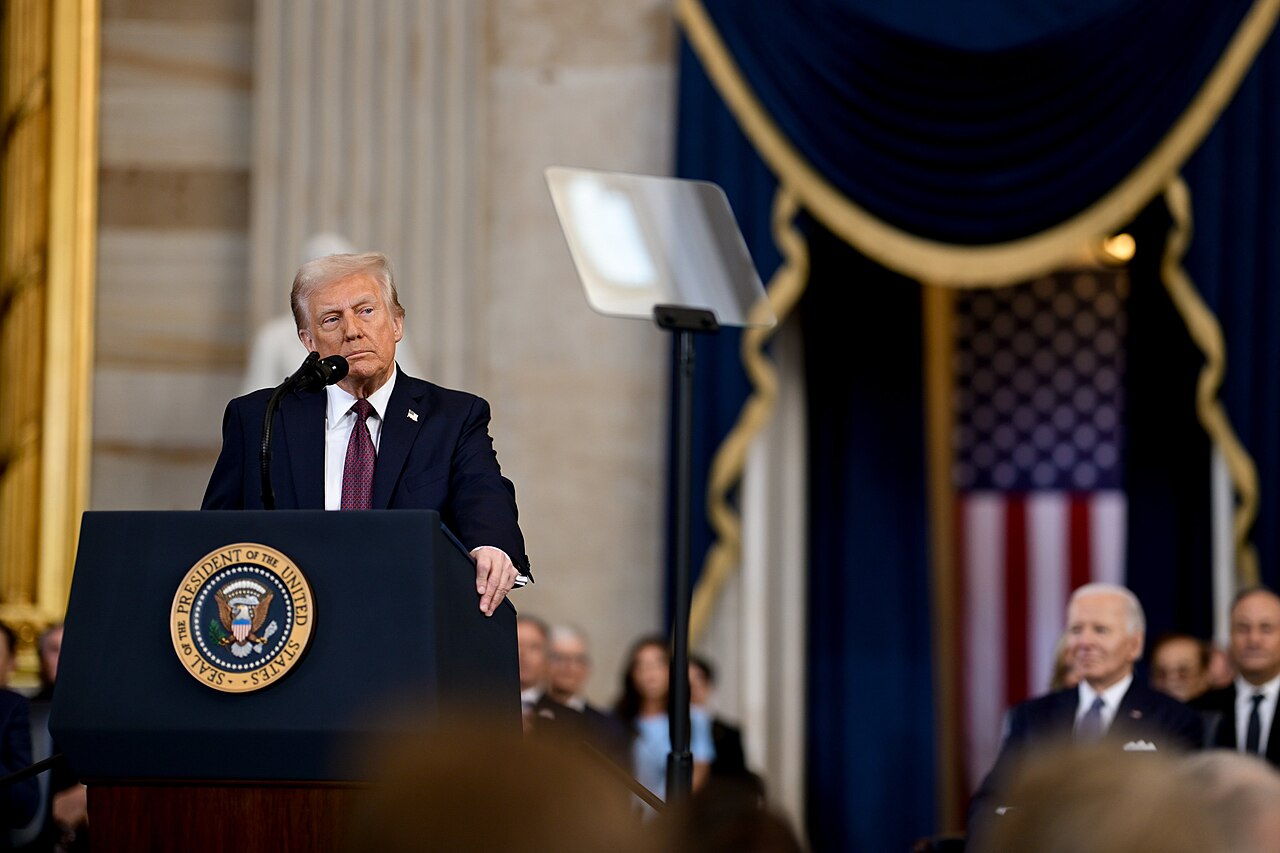
Trump purged America’s Leftist toxins. Now hubris will be his downfall
From ending DEI madness and net zero to securing the border, he’ll leave the US stronger. But his excesses are inciting a Left-wing backlash
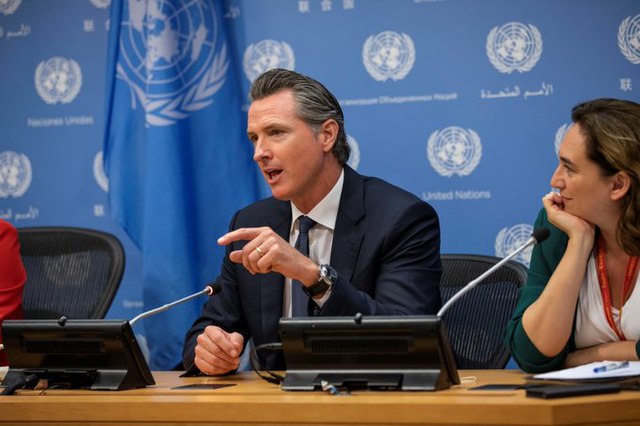
California’s wealth tax tests the limits of progressive politics
Until the country finds a way to convince the average American that extreme wealth does not come at their expense, both the oligarchs and the heavily Democratic professional classes risk experiencing serious tax raids unseen for decades.

When Duvall Played Stalin
It’s strange to compliment an actor for impersonating a tyrant, but it is an act of courage.

When Vanity Leads to Impropriety
A president should simply not be allowed to name anything after himself without checks from Congress or an independent commission.








